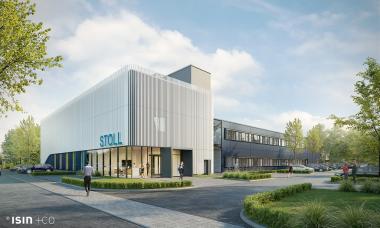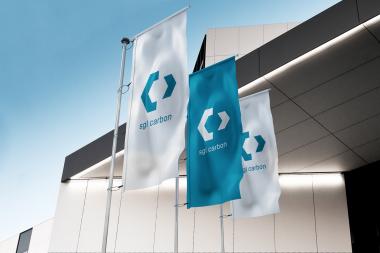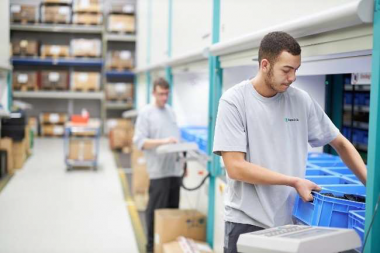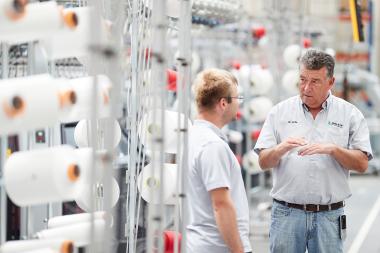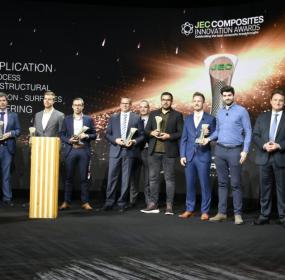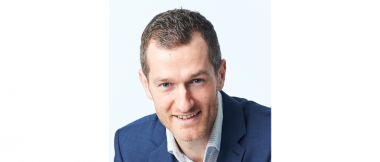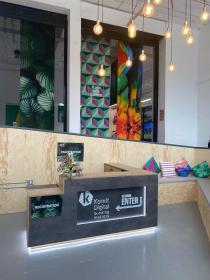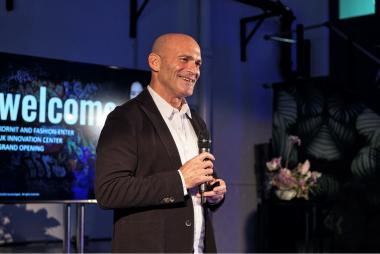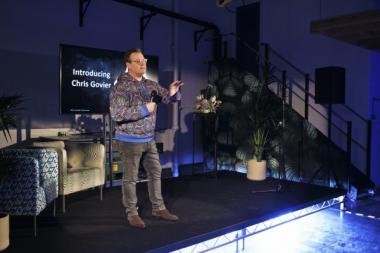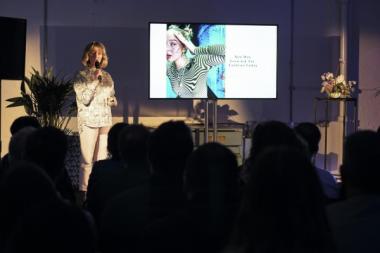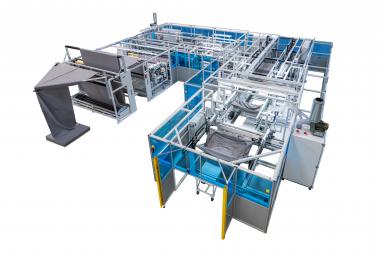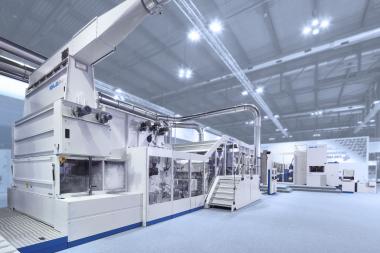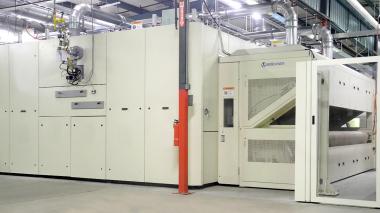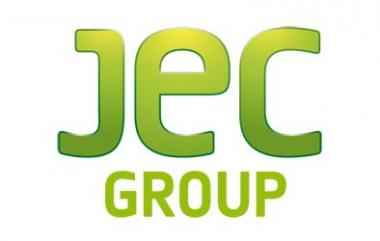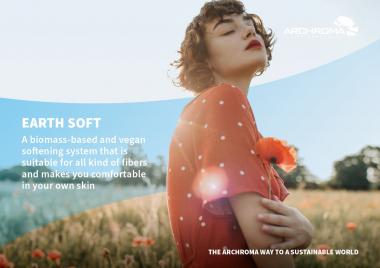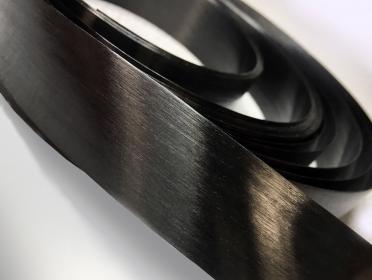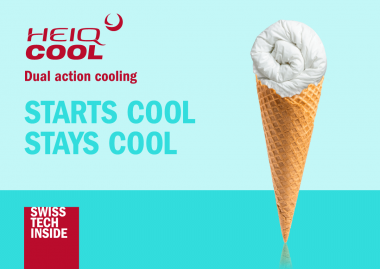At STOLL, innovations and optimizations go hand in hand
- Innovation packages from STOLL - a company of the KARL MAYER Group
Optimizations, further developments and innovations are an integral part of STOLL's activities. The industry leader in flat knitting technology has recently launched a new offering in the form of defined innovation packages. The aim here is to make STOLL's high innovative strength even clearer and enable customers to benefit from it more quickly. "The demands made on flat knitting technology are changing all the time, whether in the case of technical textiles for transportation and furniture fabrics or medical solutions well as in the fashion sector, where new yarns - such as recycled yarns or innovative technologies, such as smart textiles - have to be taken into account all the time," knows Erhard Vöhringer, Sales Manager of the STOLL Business Unit in the KARL MAYER Group "Our customers always have to keep abreast of the latest developments. We are therefore continuously developing appropriate improvements, and with our innovation packages we are now offering even more detailed demand-oriented solutions."
Detail optimisations for more overall performance
The innovation packages have the benefits for customers in focus and were tailored to the respective target groups. Every optimization contained therein leads to a decisive improvement in production. All of the solutions developed can be easily integrated into existing STOLL machines.
Innovation package Number One
Innovation package Number One will be launched on the market in a few weeks' time and is aimed explicitly at knitters who focus on technical textiles. The focus is on convenience and process acceleration. Simple network configuration, expansion of the number of NP values, extended functionality when loading and saving the pattern and also improvement of handling in connection with Production Management from PPS are just some of the features of the package. "The corresponding updates for the machine control system are available to our customers for download free of charge on Customer_Net. In the future, there will also be a cloud-based offering," explains Erhard Vöhringer.
Innovation package Number Two
Still in the pipeline, included in the Number Two innovation package, are improvements for the maintenance area – regarding the use of lubricants and the maintenance intervals (predictive maintenance) – as well as optimizations in terms of sustainability, for example when it comes to reducing consumption of oil and increasing reliability. These solutions will be suitable for all machine types and applications.
The focus here is on improvements in belt take-down, the import and export of data and support for additional storage feeders.
A physical improvement in handling is promised by the new lighting including mirror directly on the machine.
In addition, the development teams are currently working on optimizing various knitting qualities and increasing user-friendliness. So you can already be curious!
Concentrated innovative power
The STOLL development team, with several hundred engineers and technicians in the fields of electronics, software, patterning, and design, never runs out of topics. Questions like "What is the market looking for? What do customers want? Which changes do the machines have to meet and which ones do the software control and design program have to meet?" are first discussed, evaluated and debated together as a team and then go into the development phase. "Our customers can be absolutely sure that all our innovations are meticulously tested before we go to market with them" emphasizes Erhard Vöhringer. This also applies to the solutions in the innovation packages.
Small solutions, big impact
STOLL flat knitting machines impress with their great application and production potential. Almost 150 years of extensive practical experience in flat knitting technology - the STOLL company was founded in 1873 - is unique in the industry. As a Business Unit of the KARL MAYER Group, STOLL continues to do everything in its power to inspire its customers with innovative strength. Productive, flexible and reliable - simply STOLL! This slogan has not lost any of its meaning today. Quite the contrary: With the new innovation packages, customers benefit not only from the latest high-tech flat knitting machines, but also from an always up-to-date performance upgrade of their existing machine park.
With its innovation packages, STOLL has found a flexible and very fast way directly to the customer. Anyone who wants to know more about this is cordially invited to this year's trade fairs. STOLL looks forward to seeing you at the KARL MAYER Group stand at ITM (Istanbul), Techtextil (Frankfurt), Techtextil India (Mumbai) and ITMA ASIA. (Shanghai).
KARL MAYER Verwaltungsgesellschaft mbH


